It was a dinner etched into memory not for its extravagance, but for the weight of its significance—the final gathering of a family before the tumult of war would tear them apart.
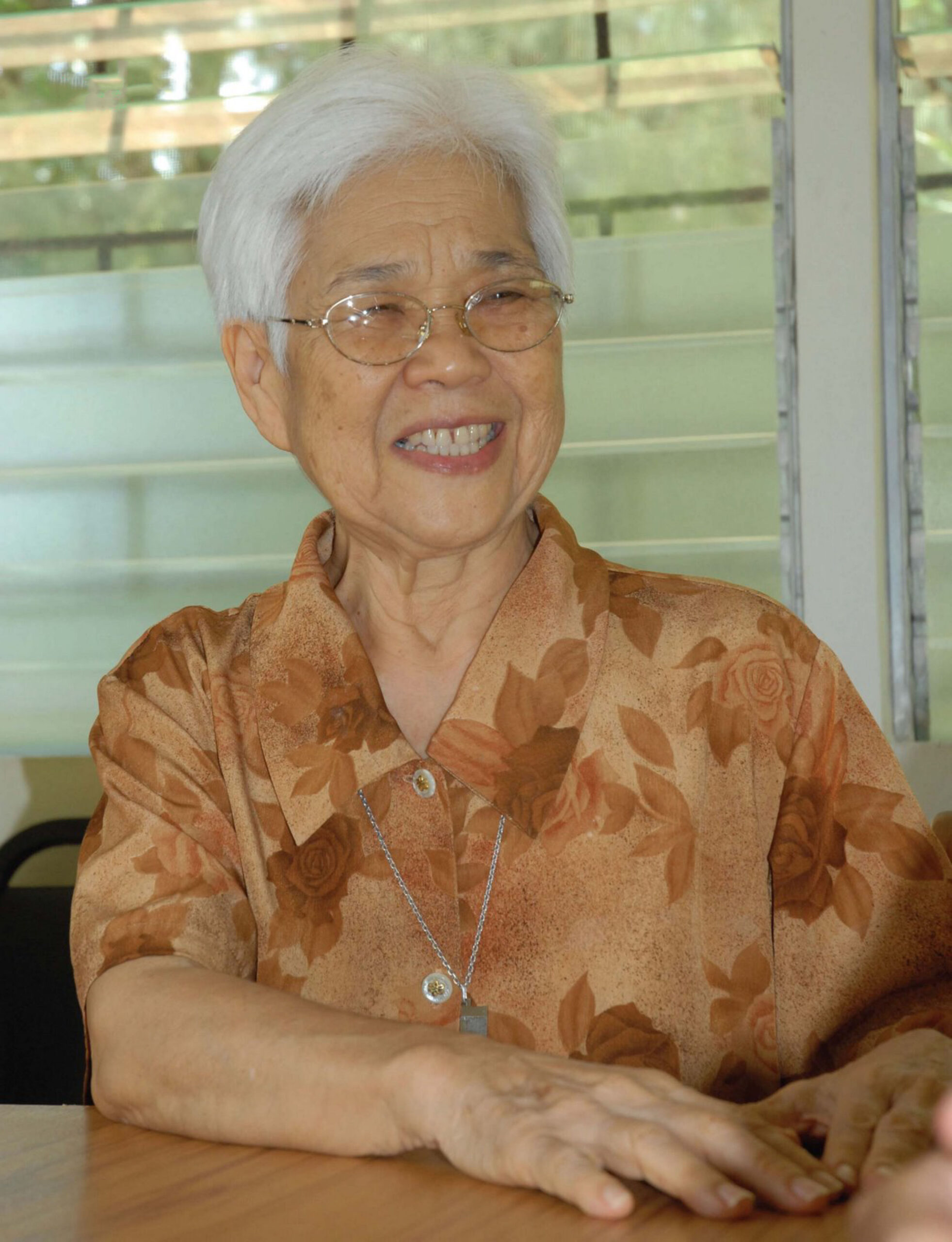
Ten-year-old Kimiko Nishikawa sensed the gravity of the moment, though her understanding of Japanese was limited. Amidst her father’s tearful exhortations to cherish one another, love their fellow humans, and eschew idleness, she felt a sense of foreboding permeate the room. As her father conducted what appeared to be a solemn wine ceremony, Kimiko surveyed the tear-streaked faces of her family, each one bearing the burden of impending separation.
Their dinner concluded abruptly, the urgency of the situation palpable. Hastily, they packed their belongings, preparing to depart in two groups with a rendezvous planned in Talofofo.
Sister Antonieta recollected her father’s instructions after dinner: eldest brother Taiichi tasked with safeguarding essential documents and cash, while sisters Michiko and Nagako, along with brother Hiroji, gathered provisions. With preparations complete, the family split into two, a precaution against the threat of sudden danger.
The initial departure of Michiko, Hiroji, and Nagako proceeded as planned, bound for Talofofo. Yet, the promised reunion never materialized. Kimiko and her remaining family members—Mr. and Mrs. Nishikawa, Taiichi, and youngest sibling Noboru—set out, only to be met with an unforeseen tragedy.
Their journey to safety led them to a crowded cave, where fear and uncertainty hung heavy in the air. Their worst fears were realized when a bomb shattered the silence, leaving young Kimiko injured but alive.
Even in her youth, Sister Antonieta marveled at her father’s foresight in finding sources of sustenance amidst the chaos. Venturing out under cover of darkness, Mr. Nishikawa and Taiichi risked their lives to gather rainwater and forage for food in nearby sugarcane fields.
Yet, tragedy struck one fateful night as the rustle of sugarcane betrayed their presence. Shots rang out, and Mr. Nishikawa fell, mortally wounded. Taiichi, bearing his father’s lifeless body, returned to the cave, marking the end of an era.
With her father gone, Kimiko’s mother made a courageous decision: to return home. Navigating through the darkness of night, Mrs. Nishikawa led her grieving children through the sugarcane fields, only to be met with tragedy once more as she fell victim to gunfire.
Believing herself orphaned, Kimiko’s fate took a twist when Alcalde Ada—a beacon of hope in a sea of despair—rescued her from the chaos. Under his care, Kimiko found solace amidst uncertainty, her resilience a testament to the human spirit’s capacity for endurance.
In the aftermath of war, Kimiko, now known as Antonieta Ada, forged a new path, embracing her newfound faith and dedicating her life to service. Through trials and triumphs, she found refuge in the sanctuary of the convent, where the scars of war faded in the embrace of God’s love.
As she reflects on her journey, Sister Tonie acknowledges the mysterious hand of providence that guided her to the Ada family’s loving embrace. Through their love, she found healing and redemption, a testament to the transformative power of love in the wake of adversity.



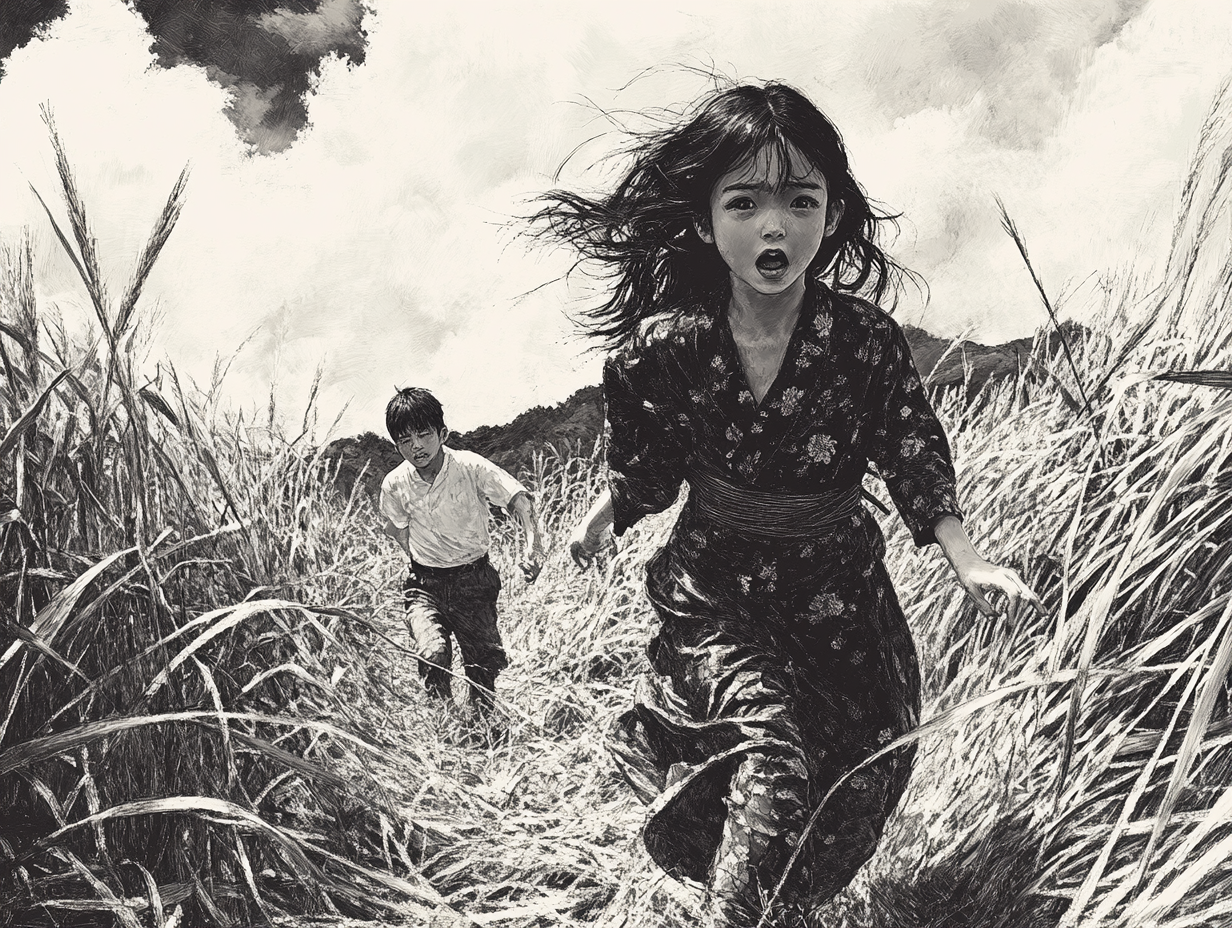
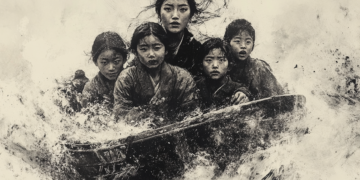
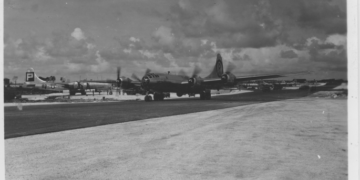
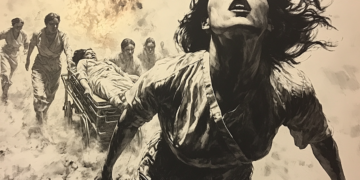
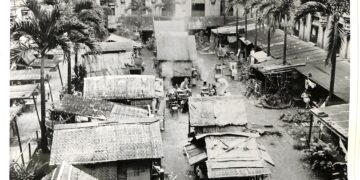
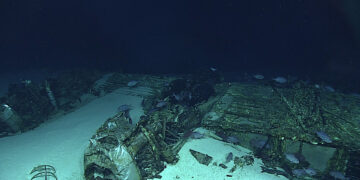
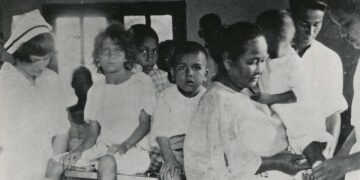



Discussion about this post